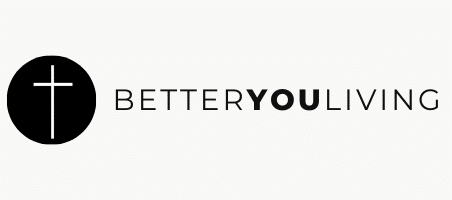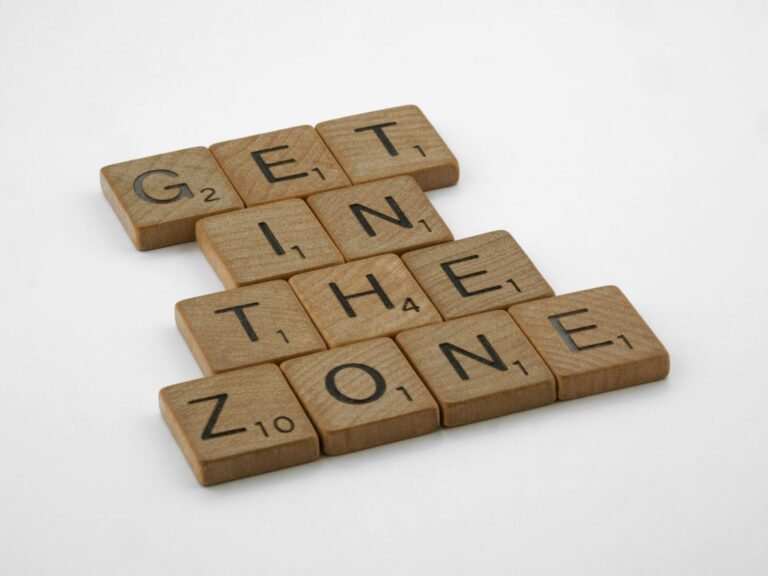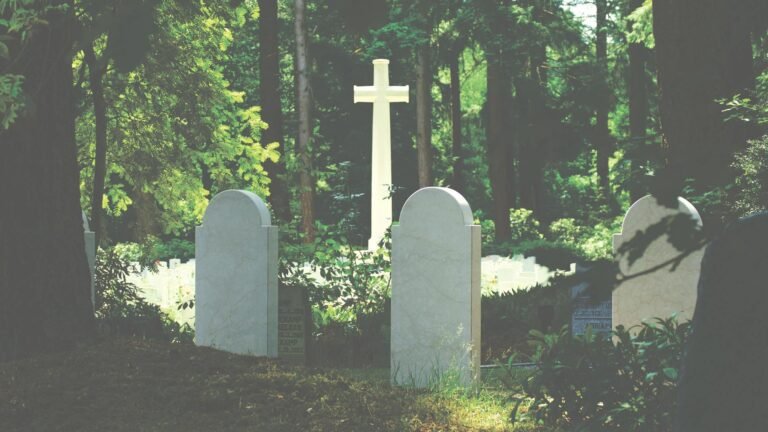Get into a Habit of Eliminating Debt
Today I want to encourage you to get into a habit of ELIMINATING DEBT.
A habit is something that you can practice, that over time will become a way of life. If you get into a habit of eliminating debt, you will reduce your stress levels, improve your cash flow, and set yourself on the course toward financial freedom.
The average South African spends around 80% of their hard-earned income on debt repayments. These debt repayments include loan repayments, overdrafts, credit card debt, store cards, home loans, car finance, etc.
Let’s take a look at how this affects you…
- If you earn R10 000 p.m., and you are like most South Africans, you have around R8 000 of every R10 000 you earn, either going straight into your debt repayments or you just simply stop repaying your debtors.
- If you are an average South African, you only have around R200 of every R10 000 you earn going into savings, leaving you with only around R1 800 p.m. out of every R10 000 you earn left over to cover your living expenses.
- For most South Africans, this 20% of income is not even enough to cover the rent and school fees, let alone to cover the entire month’s food bill.
The average South African therefore only has around 20% of their income to live on, leaving most cash-strapped.
No wonder many are not saving. When you live like this, you eventually reach a ceiling where there is no money left to even cover basic needs, let alone have money available for the nice-to-haves.
If this is how you manage your money, you probably do not even have anything to honor God with, except for a few leftover crumbs.
This is no way to live. It is stressful and defeatist.
But I do have some good news for you. You do not have to have to live like this. If you are prepared to get disciplined with your money management, and if you practice a habit of eliminating debt on a regular basis, you can turn your financial affairs around.
Instead of just barely surviving, under the yoke of debt, you can wipe out your debt and set yourself up to thrive.
Many are managing their money the wrong way around.
Consider living with the 10-20-70 principle where we…
- give our first 10% to God,
- put 20% into your savings and investments, in order to build a reserve fund and a wealth portfolio,
- and live on the remaining 70%
If you form good financial habits and if you get the priorities in the right order, things can begin to change for the better.
Many only have a trickle of their income going into savings, and most of these savings are used on short-term needs, like a car or holiday.
In the end, only a small part of savings goes towards retirement savings. That is why only 6 out of every 100 South Africans will be able to retire financially secure.
Often our poor financial decisions don’t show up as a problem until later in life… in our old age.
The worse thing about the statistics we have looked at is that as debt levels rise, so saving levels are shrinking.
Unless you eliminate debt, your financial future will be bleak and stressful.
So Let Us Look at the Problem of DEBT!
In SA, there are 23 million credit active consumers. Around 10 million credit active consumers are at least 3 months in arrears on debt repayment, with 5 million drowning in debt.
Many are living in debt. This is a bad habit. Many borrow money to buy items they cannot afford. Some extend loans to cover living expenses. Many have maxed out their credit and store card.
Debt is a huge problem. It causes stress and causes cash flow to dry up.
Are you in debt? Are you cash-strapped? Is your debt spiraling out of control?
If this sums up your money woes, you need to urgently change your habits!
Why don’t you replace your bad habit of debt with good habits of…
- wiping out your debt,
- staying out of debt,
- budgeting
- building up your assets by saving, instead of building up your liabilities by taking on more debt.
Debt is often brought on by poor discipline and bad spending habits. Many of us have at some stage during our working lives experienced the negative impact of debt on our lives.
You can break the debt habit. With a change in your financial habits, you can become debt-free.
Before you can get out of debt and become debt-free, you need to understand what debt is…
What is Debt?
The dictionary defines debt as being “something (typically, money) that is owed or that one is bound to pay”.
If you borrow money, go into overdraft, or buy goods on credit (i.e. store cards and credit cards) you are in debt until such time as you have paid back what you owe.
But not only are you having to pay back the amount you owe but you are also being charged interest on the amount ‘borrowed’ – and that interest also has to be paid by you!
Debt can be a huge bondage and can lead to stress, strained family relationships, and much heartache.
“Owe nothing to anyone—except love.” (Romans 13:8)
Debt is bondage. It can enslave you!
“The rich rule over the poor, and the borrower is a slave to the lender.” (Proverbs 22:7)
So, in a nutshell, debt is all money that you have borrowed (plus interest due) and which has to be repaid.
This includes credit cards, store cards, personal loans, bank overdrafts, motor car loans, money borrowed from friends and family, and your home loan.
Debt is therefore something you are bound to pay. Debt puts you in bondage to the person or institution you owe.
Some debt is unavoidable, like buying a home or a motor car.
There are basically two types of debt:
- ‘good debt’
And
- ‘bad debt’
‘Good debt’ allows you to buy items that appreciate (increase in value) over time, or could provide you with an additional source of income (e.g. a home, etc.).
On the other hand, ‘bad debt’ only buys you items that depreciate (lose value) over time.
These are things like consumer goods (i.e. fridges, microwaves, TVs, etc.).
These items need to be bought for cash, or if bought on credit, they should be paid for at a faster rate than they depreciate. It doesn’t make sense to ‘pay off’ a plasma screen TV over 10 years when its ‘life expectancy is only 5 years. A new car is also generally viewed as a ‘bad debt’. You drive it off the showroom floor and it loses value immediately.
A word of caution:
- Be careful! – Even so-called ‘good debts’ can be bad if you live above your means.
- You need to earn more than you spend. Or put another way – You need to spend less than you earn. Your “INs” have to be more than your “OUTs”.
- Also, make provision for potential future interest rate increases. You may be able to afford your bond payments currently. However, it is prudent to make sure that you have provisions in your budget if interest rates rise in the future.
Form good habits with the way you handle your money. Be disciplined.
Although we all know that we should have a budget or at least have a basic financial plan, in place in order to manage our finances, the reality is that many people don’t have a plan in place.
Debt puts you in bondage, and short-term satisfaction by buying something on credit may leave you broke, debt-ridden, and stressed out over the longer term. Before you buy items you cannot afford, ask yourself – “Is it worth it?”
There is no doubt that debt, or rather unchecked debt, can be a major problem for most people.
But is it? Is it really the problem, or is it the symptom of overspending and under-saving?
The way to get out of debt is to change your habits. Get rid of the bad habits and introduce new effective habits.
When it comes to debt, be smart.
If you are seriously planning to get out of debt (and stay out!), then you need to plan how to use your finances wisely. It all begins with forming a good financial habit of dealing with your debt.
How to get out of Debt:
It is not rocket science. If you seriously want to get out of debt I would suggest that you…
1. List all your debts…
You need to see all your debts.
Be honest and face your debt. Where do you stand? Be sure to list all your debts and know how much you owe.
What must be paid out monthly to cover your debt repayments?
2. Review your cash flow and your financial plan…
2.1 – BALANCE SHEET: Look at your assets and liabilities:
What do you own?
What do you owe?
Can you sell some assets in order to free up cash to settle the debt?
2.2 – BUDGET: Review your income and expenses, and track your spending
Know what is coming IN (income) and what is going OUT (expenses).
Make sure that you live within your means. Get into a habit of keeping a record of everything you spend.
Can you eliminate unnecessary expenditure and free up cash flow in your budget?
Maybe you can cut back on a luxury item for a while in order to free up cash to attack your debt.
Can you free up extra income in your budget, or can earn more money in any way, in order to attack your debt?
3. Use your free cash to eliminate your debt…
Use your spare cash flow, plus any excess funds you might have available, to pay off your debt, starting with the ‘smallest’ debt.
Roll over the payments into the next smallest debt. You will gain momentum and feel a sense of accomplishment.
By making regular debt attacking payments, you will form a good new financial habit, that will eventually become a way of life, and over time you will eliminate your debt
Once your debt levels are settled or under control, start channeling your extra funds into savings, in order to build up cash flow and investments.
I suggest that you get determined to eliminate your debt:
- Be inflexible on your debt attack plan. Make a choice not to go deeper into debt.
- Make sure that you follow through.
- Form a good habit of setting up a budget and sticking to it.
- Be disciplined
- Keep a record of your spending
God’s word gives us tremendous wisdom regarding money management.
“Good planning and hard work lead to prosperity, but hasty shortcuts lead to poverty.” (Proverbs 21:5)
“The wise are cautious and avoid danger; fools plunge ahead with reckless confidence.” (Proverbs 14:16)
“The rich rule over the poor, and the borrower is a slave to the lender.” (Proverbs 22:7)
“The wise man saves for the future but the foolish man spends whatever he gets.” (Proverbs 21:20)
It is time to declare war on your debt!
Debt is a bad habit that leads to bondage! It will enslave you, but you can break the debt cycle. You can get into a new habit of eliminating your debt. This will reduce stress and heartache and will set you on the road toward financial freedom over time.
Have a blessed week.
God bless you.






